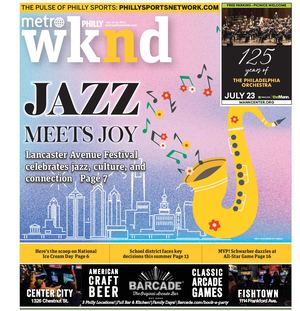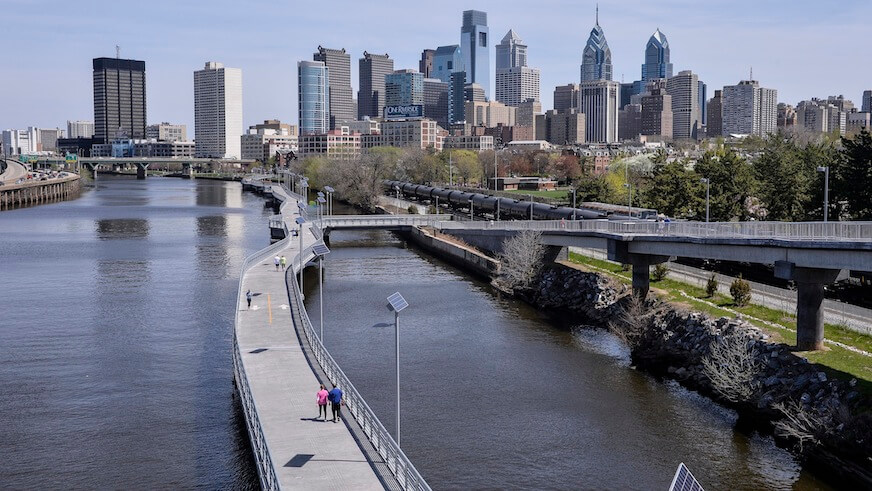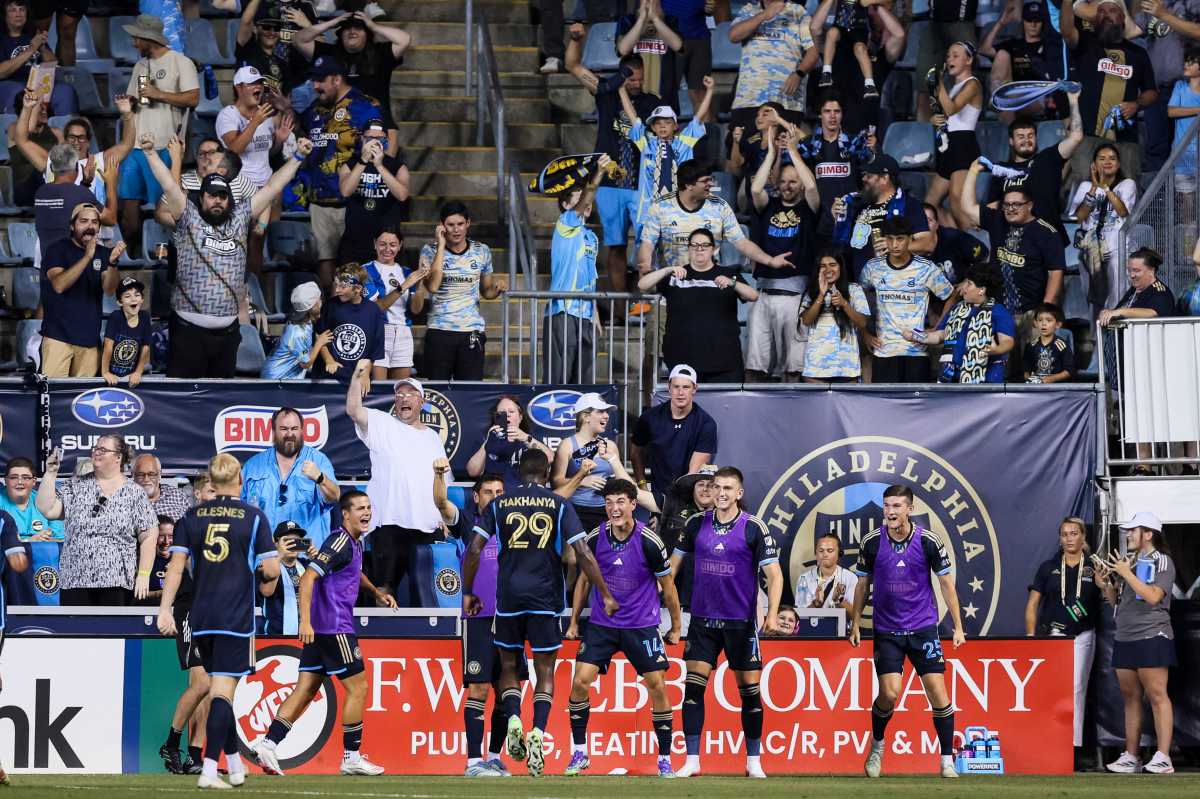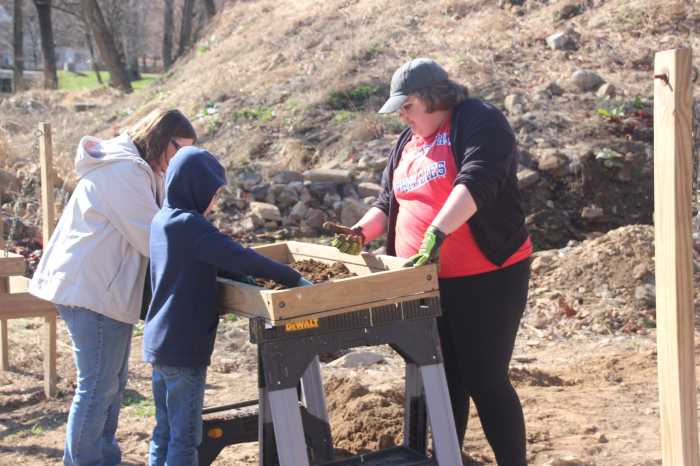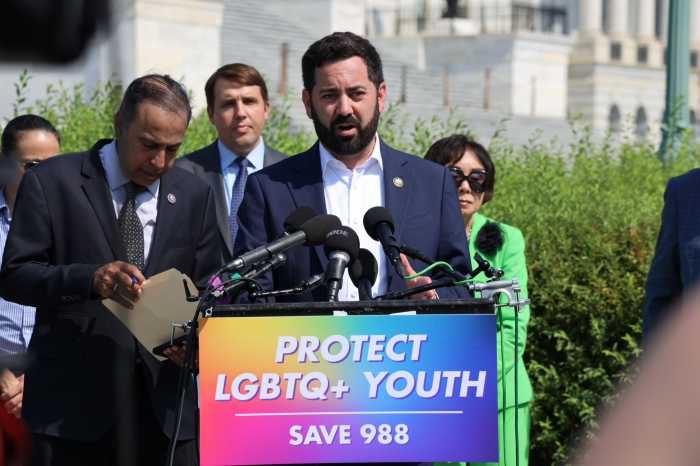The green movement has taken on many incarnations over its history, but a growing movement sees its future in the “regenerative” approach. It’s not about chaining protesters to bulldozers in front of a forest, but re-imagining development to help humans co-exist with nature.
“We have all the technology we need to save the planet right now,” said Bill Reed, a regenerative planning leader who will speak on the subject at a forum in Philly next week. “We had it more than 2,000 years ago.”
The Urban Regeneration Forum on Jan. 22 will bring together regeneration-oriented thinkers, designers and engineers to delve into getting the approach rolling. It’s the first in a projected series of events exploring the regenerative paradigm.
“Instead of doing less damage to the environment, it is necessary to learn how we can participate with the environment – using the health of ecological systems as a basis for design,” Reed, leader of the Regenesis Group, wrote in a paper explaining why he thinks developers and designers should shift away from a “sustainability” focus.
Reed was also an early leader in advancing LEED (Leadership in Energy and Environmental Design) sustainability standards for construction. While they may seem like just one more step forward, the philosophy behind LEED standards goes much deeper, to a vision of a world where human activity and structures are all designed to not only limit the negative impact on the environment, but to help it.
“It’s about how do we provide food and shelter without killing all the other living beings on earth, but actively enhancing the vitality of life as we do it,” said Max Zahniser, founder of the Sustainability Nexus, which helps network and amplify social and environmental movements in Philly and is hosting the forum.
“We need to rethink our system, so Philadelphia can one day again have as little impact as the forest that used to be here,” said Zahniser, also co-founder of CityCoHo, Philly’s sustainability-oriented co-working space at 2401 Walnut St., a LEED building. “That’s totally possible.”
The forum will include discussion of regenerative thinking and approaches to various speakers from the Philly area. Learn more about the Urban Rengeration Forum, which will be hosted by Jefferson University, at CityCoHo.com.
